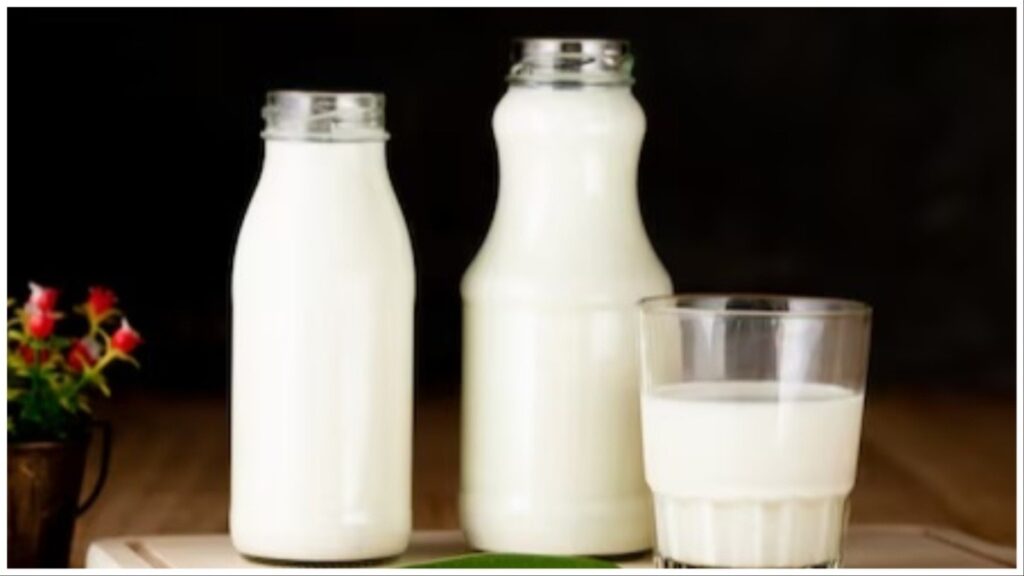Nowadays, most companies selling dairy products are selling milk, ghee and butter with A1 or A2 labeling. In view of these things, the ‘Food Safety and Standards Authority of India’ (FSSAI) has forbidden companies to sell milk, ghee and butter with such labeling. FSSAI says that selling things with such labeling is very misleading.
Many Food Business Operators (FBO) are selling milk and milk products like ghee, butter, curd etc. in the name of A1 and A2 under FSSAI license number. As soon as this came to notice, FSSAI has issued this statement to stop such sales.
FSSI said that selling milk or its products with A1 or A2 labeling is not only misleading but also not in accordance with the provisions laid down under the FSS Act, 2006 and the rules made under it. FSSAI clarified that the difference between A1 and A2 milk is based on the structure of a protein called beta-casein, which can confuse consumers. In such a situation, companies should remove such claims from their products.
FSSAI has given companies 6 months to phase out their existing products labeled A1 and A2. After that, products should not have such labeling with FSSAI license number. Indian Dairy Association President RS Sodhi said, FSSAI has issued this historic notification to protect consumers from scientific claims of food and dairy companies.
Devendra Shah, chairman of Parag Milk Foods, said that A1 and A2 are a marketing gimmick. It is important that people do not fall into this marketing trap.
What do A1 and A2 mean?
There are many milk products being sold in the market these days with A1 and A2 labeling, which has sparked a debate on what it means to eat A1 or A2 milk products. A1 and A2 are specific proteins found in cow’s milk, although in different proportions depending on the breed of cow.
According to Healthline, some studies have suggested that A2 may be healthy, but more research is ongoing. However, the effect on health depends on the breed of the cow.
Casein is the most abundant protein in milk, but there are several different types of casein, with beta-casein being the second most common. This protein exists in at least 13 different forms.
A1 Beta-Casein: It is found primarily in the milk of cow breeds found in Northern Europe such as Holstein, Friesian, Ayrshire and British Shorthorn.
A2 Beta-Casein: It is mainly found in the milk of Guernsey, Jersey, Charolais and Limousin breed cows.
Regular milk contains A1 and A2 beta-casein, whereas A2 milk specifically contains the A2 variant.
Does this provide any health benefit?
According to some studies, A2 is healthier than A1, but it affects different people differently. A study conducted on Chinese adults revealed that drinking regular milk caused stomach problems, whereas no such symptoms were seen after drinking A2 milk. During the digestion of A1 beta-casein, a peptide called beta-casomorphin-7 is released. This is the reason why people feel that regular milk is less healthy than A2 milk. At the same time, many research groups also feel that beta-casomorphin-7 causes diabetes, heart disease, infant mortality, autism and digestive problems. However, research on this is still going on.
In 2005, researcher Stewart Truswell published an investigation into A1 and A2 in the journal Nature. He found no evidence that the protein A1 beta-casein found in cow’s milk increased the risk of type 1 diabetes and heart disease.
Source (PTI) (NDTV) (HINDUSTANTIMES)
